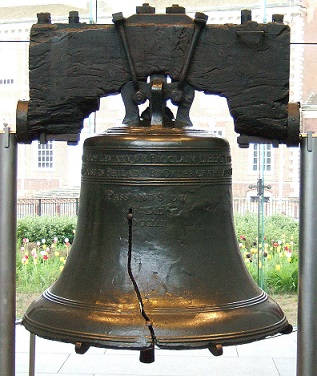Arresting Citizenship and American crime control
Amy E. Lerman and Vesla M. Weaver’s forthcoming Arresting Citizenship: The Democratic Consequences of American Crime Control considers the contemporary carceral state of American democracy—beginning with the mind-blowing premise that one-third of America’s adult population has passed through the criminal justice system and now carries a criminal record. Arguing that this system fundamentally creates a growing group of second-class American subjects through an ill-determined relationship between “citizen” and “state,” the authors argue that each stage of American criminal justice disempowers its constituents and defies America’s core democratic values. In a recent piece for the Stone blog at the New York Times, Weaver (along with Jason Stanley) pressed the book’s arguments further and questioned whether the United States has become a racial democracy.
As they write:
Given the centrality of liberty to democracy, one way to assess the democratic health of a state is by the fairness of the laws governing its removal. The fairness of a system of justice is measured by the degree to which its laws are fairly and consistently applied across all citizens. In a fair system, a group is singled out for punishment only insofar as its propensity for unjustified violations of the laws demands. What we call a racial democracy is one that unfairly applies the laws governing the removal of liberty primarily to citizens of one race, thereby singling out its members as especially unworthy of liberty, the coin of human dignity.
There is a vast chasm between democratic political ideals and a state that is a racial democracy. The philosopher Elizabeth Anderson argues that when political ideals diverge so widely from reality, the ideals themselves may prevent us from seeing the gap. Officially, the laws in the United States that govern when citizens can be sent to prison or questioned by the police are colorblind. But when the official story differs greatly from the reality of practice, the official story becomes a kind of mask that prevents us from perceiving it. And it seems clear that the practical reality of the criminal justice system in the United States is far from colorblind. The evidence suggests that the criminal justice system applies in a radically unbalanced way, placing disproportionate attention on our fellow black citizens. The United States has a legacy of enslavement followed by forced servitude of its black population. The threat that the political ideals of our country veil an underlying reality of racial democracy is therefore particularly disturbing.
Basing their contention on a growing body of evidence cited in the piece—from incarceration rates and criminal encounters to contact with the police and racial profiling, they conclude that the gap between American ideals and American reality “remain[s] just as cavernous as our nation’s troubled history suggests.”
To read more about Arresting Citizenship, click here.
